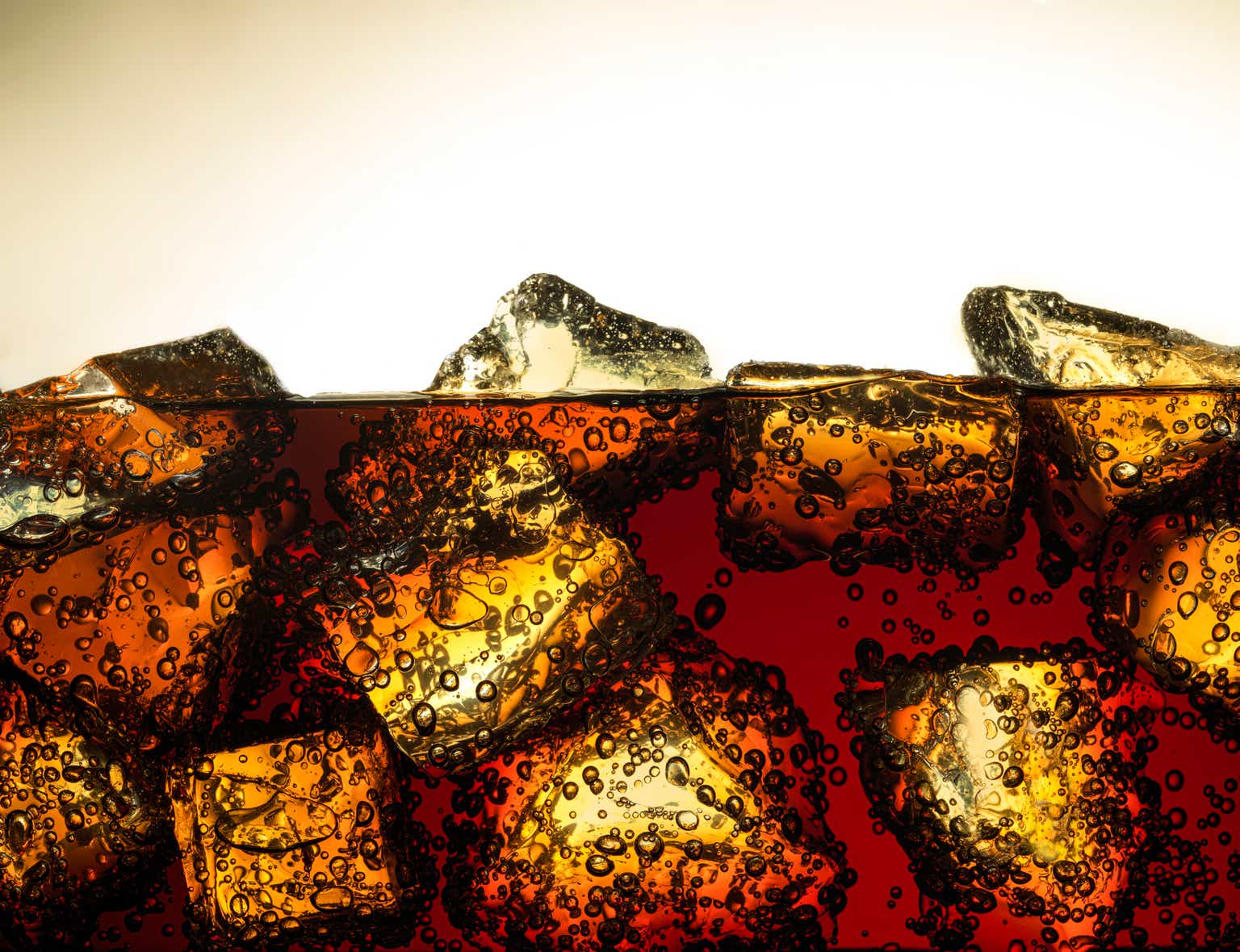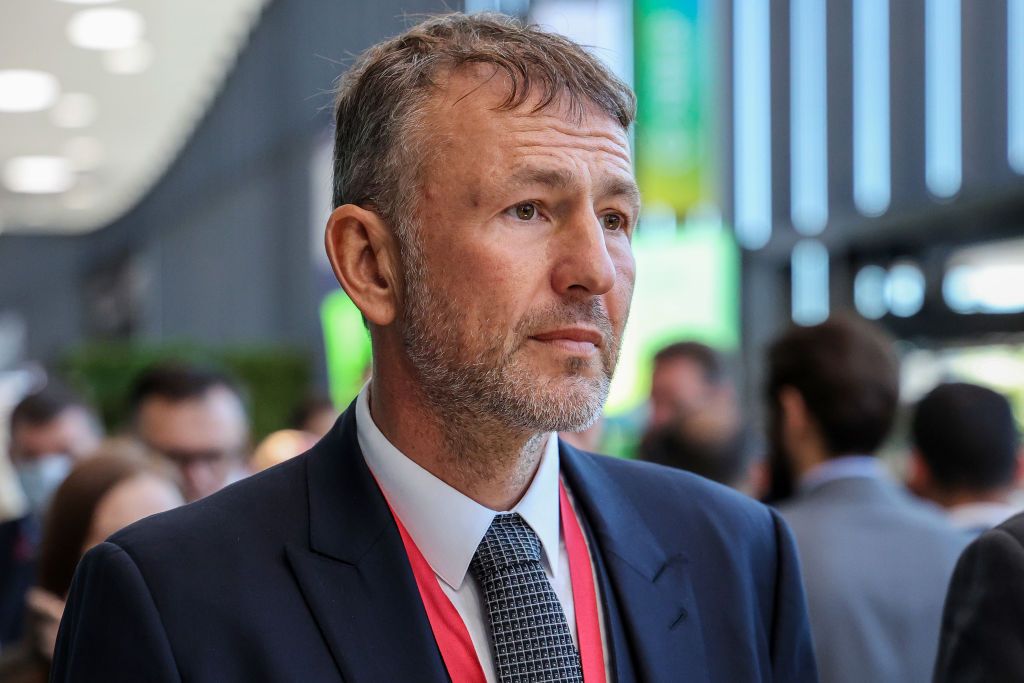Russia is importing large quantities of chemicals for manufacturing explosives by purchasing products from fertilizer companies that have avoided international sanctions lists, Bloomberg reported on March 26.
Western countries imposed wide-reaching restrictions on the Russian defense industry following the full-scale invasion of Ukraine, but Russia continues to import key components and supplies for weapons production through sanctions evasion schemes.
The Russian explosives manufacturer JSC Spetskhimiya has placed orders for tens of thousands of tons of nitric acid and a nitric-sulphuric-acid mix, according to documents seen by Bloomberg. The chemicals are essential for the production of TNT, gunpowder, and other explosives the Russian military uses in its war against Ukraine.
JSC Spetskhimiya ordered the chemicals from subsidiaries EuroChem Group AG and UralChem JSC, fertilizer companies that are not subject to strict U.S. and EU sanctions due to their importance to global food security.
Many of the 11 Russian plants scheduled to receive the chemical supplies have been sanctioned for their role in Moscow’s war effort. The EU imposed sanctions on JSC Spetskhimiya in June 2024.
The chemical orders appear to have been confirmed and will arrive in Russia over the course of 2025, documents reviewed by Bloomberg show. The volume of nitric acid being shipped would allow Russia to manufacture at least 6,500 152-mm artillery shells per day this year.
“Our products are intended for use in agriculture and civil industry,” EuroChem said in comments emailed to Bloomberg.
“The company is not part of the defense sector of the Russian economy.”
Both EuroChem and UralChem have ties to sanctioned Russian billionaires. The family of Belarusian-Russian oligarch Dmitry Mazepin controls UralChem, while EuroChem was founded by Russian billionaire Andrey Melnichenko.
Melnichenko withdrew as a beneficiary from a EuroChem trust after being sanctioned by the U.S., U.K., and EU.
Russia provides approximately 25% of Europe’s fertilizer, a trade that has amounted to $5.4 billion since the launch of the full-scale invasion of Ukraine in 2022, according to European Commission data.
Russia on March 25 agreed to a partial maritime ceasefire in the Black Sea following negotiations with U.S. officials in Riyadh, Saudi Arabia. In return, the U.S. promised to “help restore Russia’s access to the world market for agricultural and fertilizer exports,” among other benefits.
We asked Ukrainian soldiers if they’d fight Russia ‘with their bare hands’
CIA Director John Ratcliffe on March 25 gave a rousing assessment of Ukraine’s desire to achieve an acceptable and lasting peace, insisting its people and armed forces would fight Russia with “their bare hands” if they had to. “I want to say that with regard to the Ukrainian resistance, the














